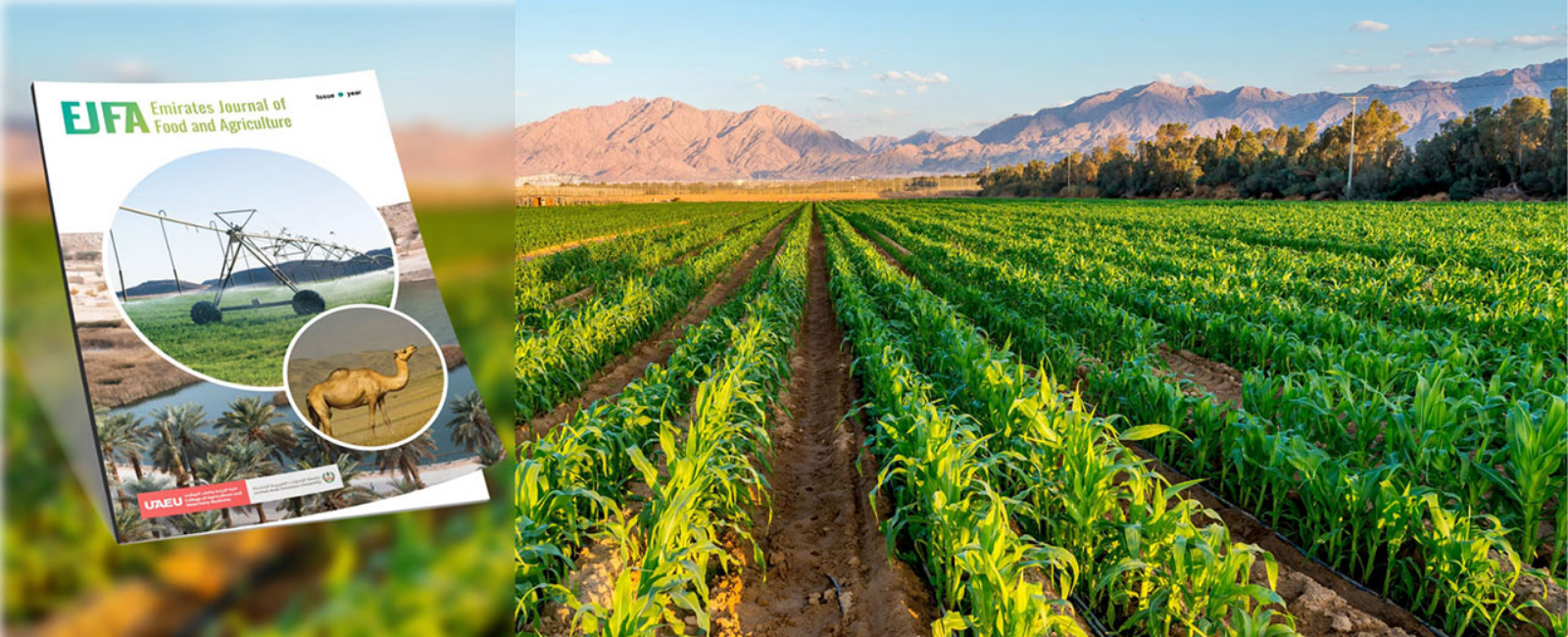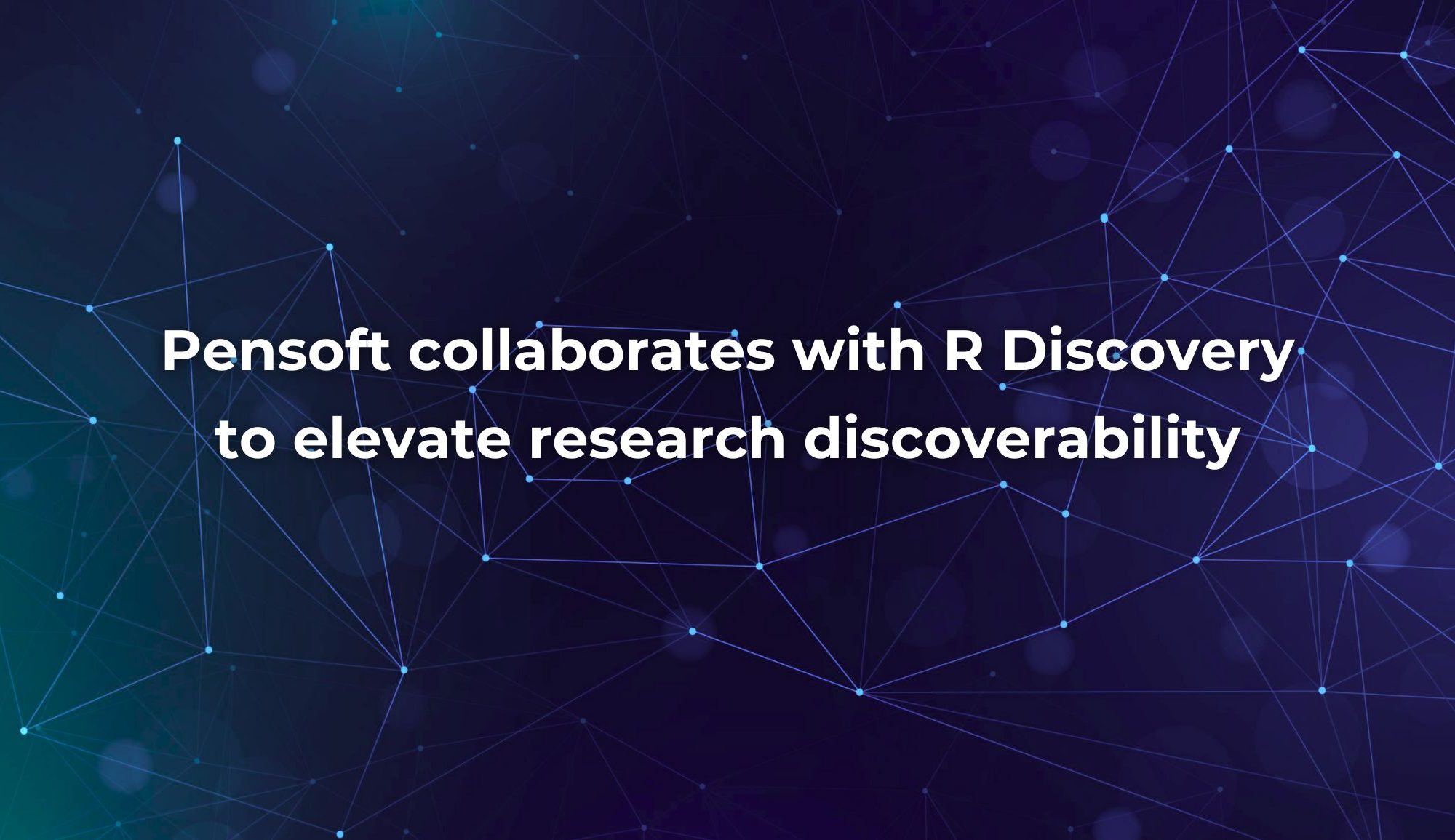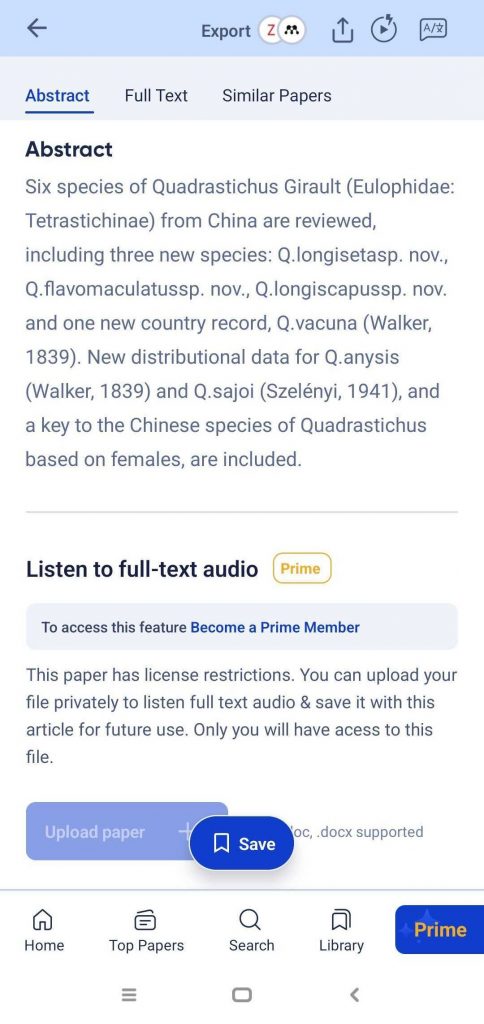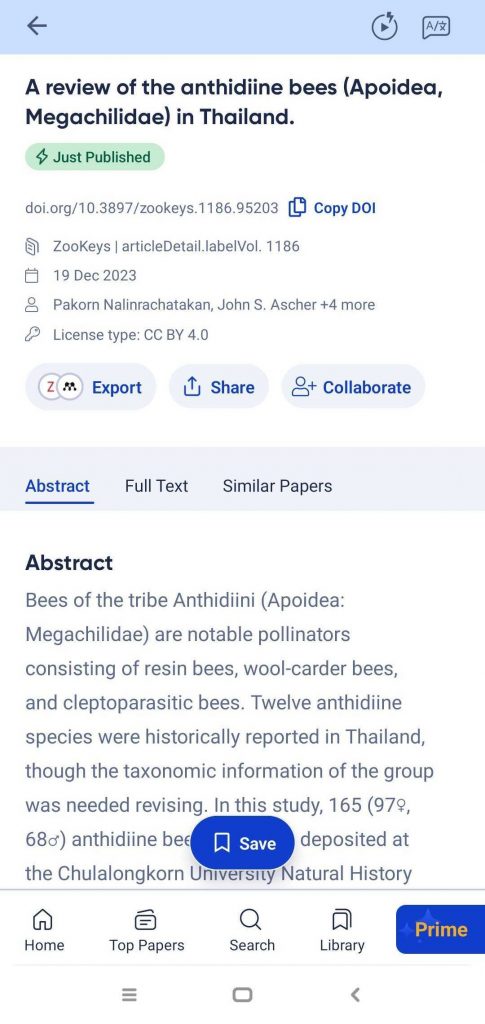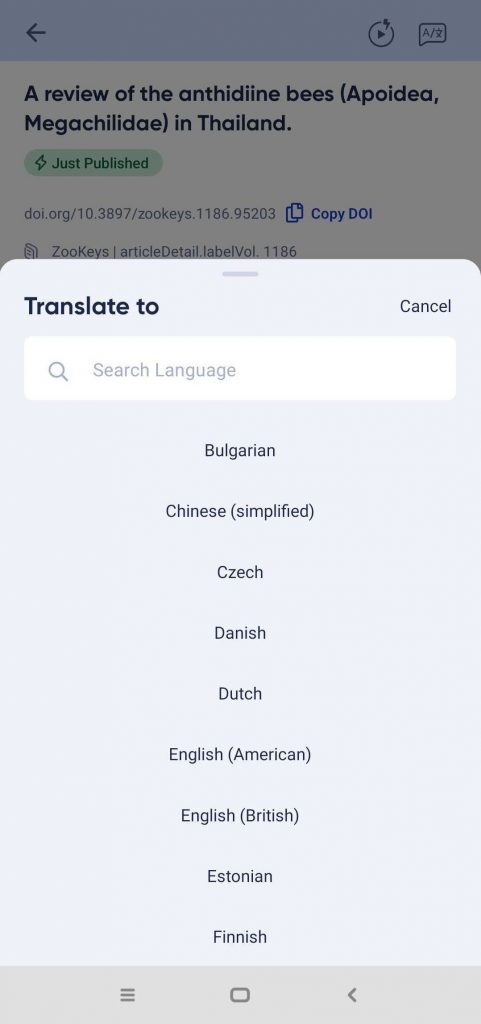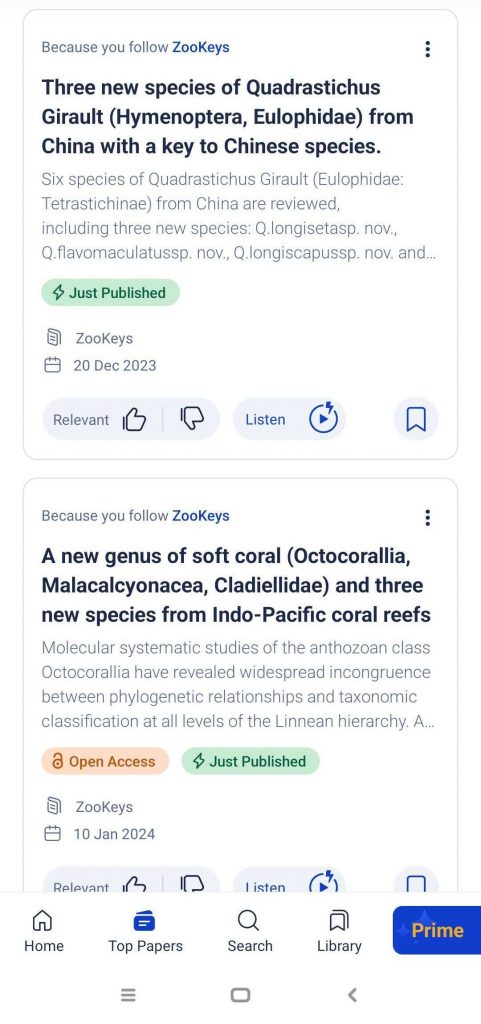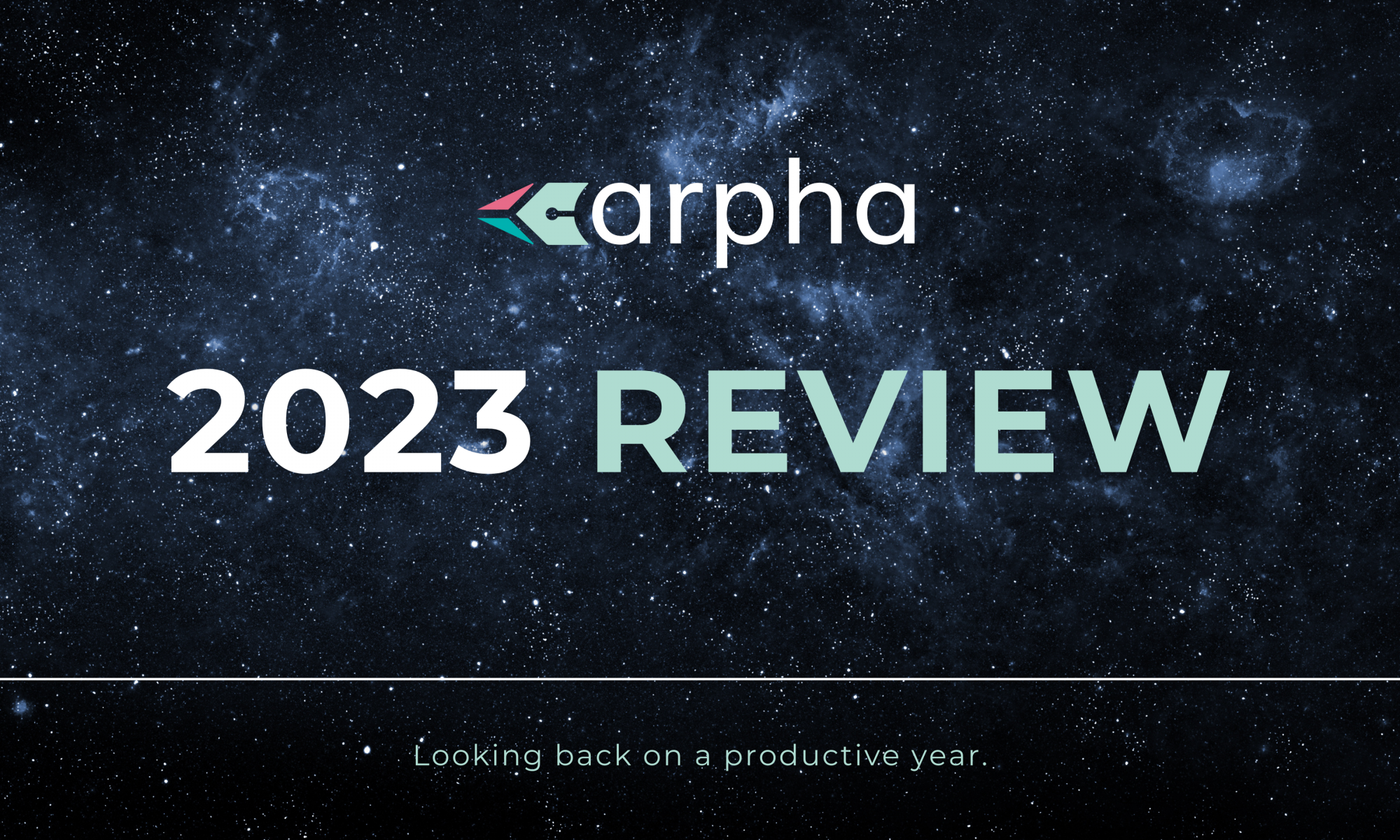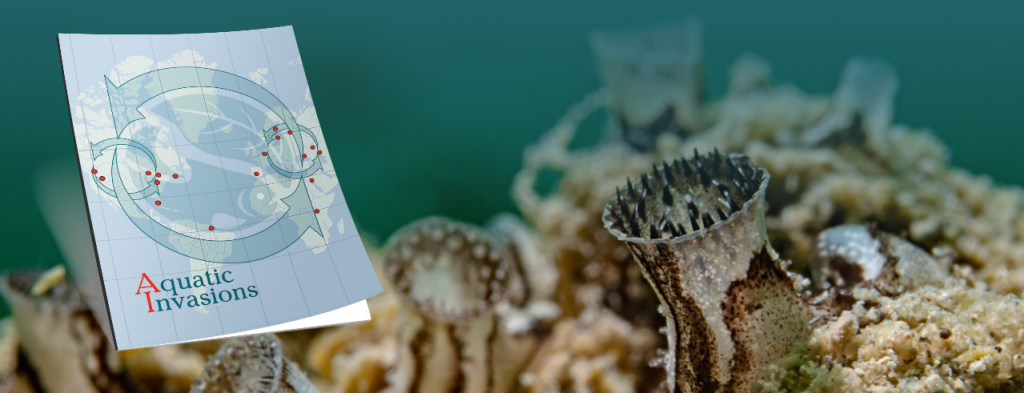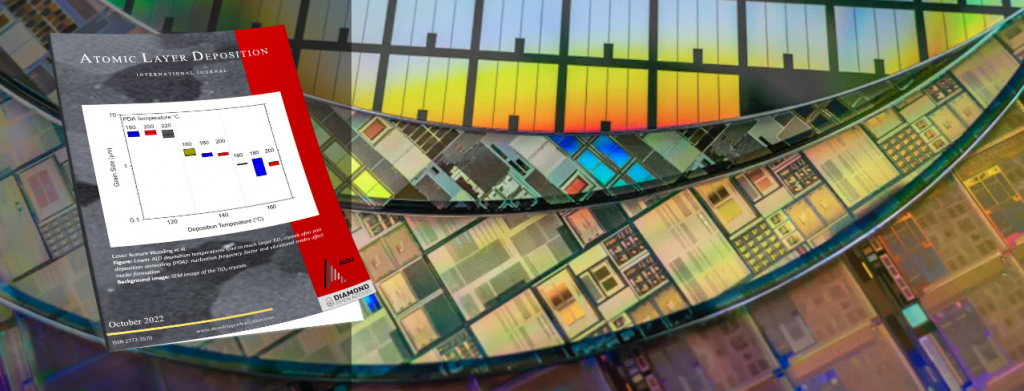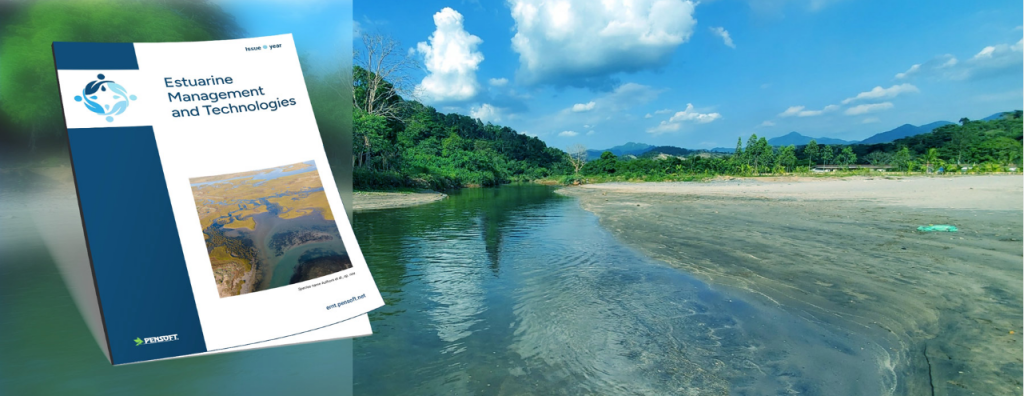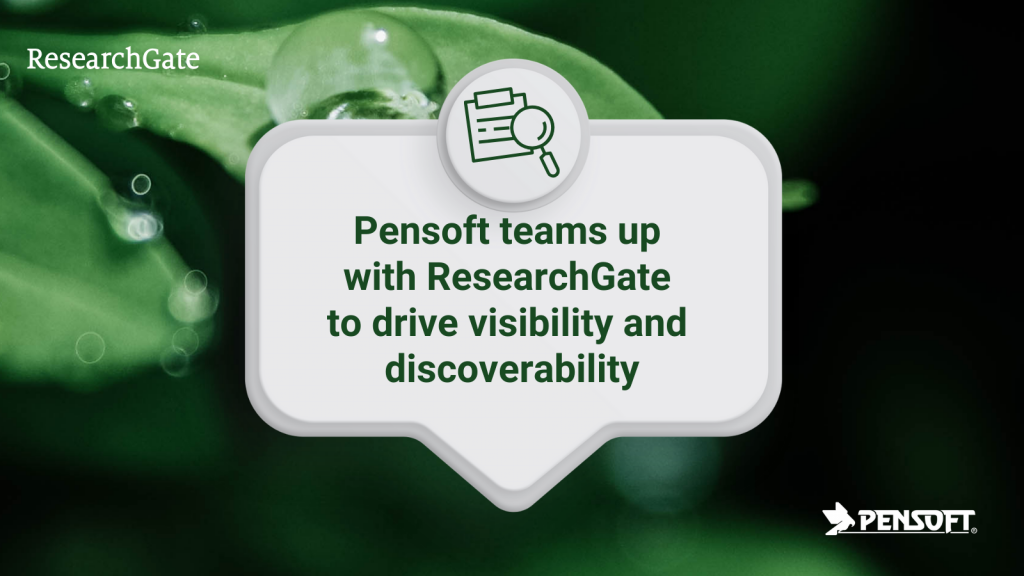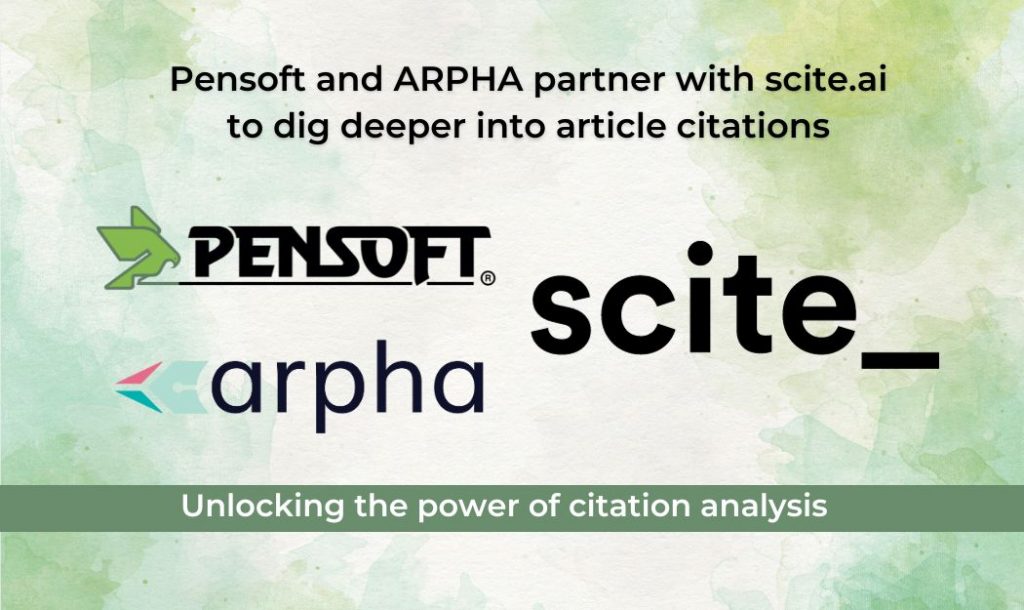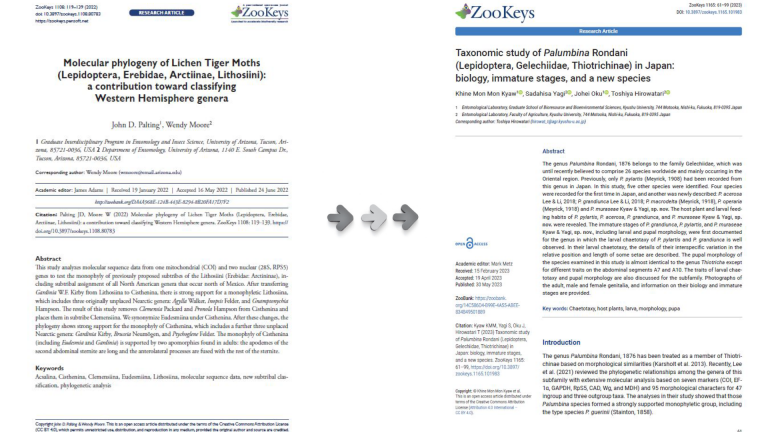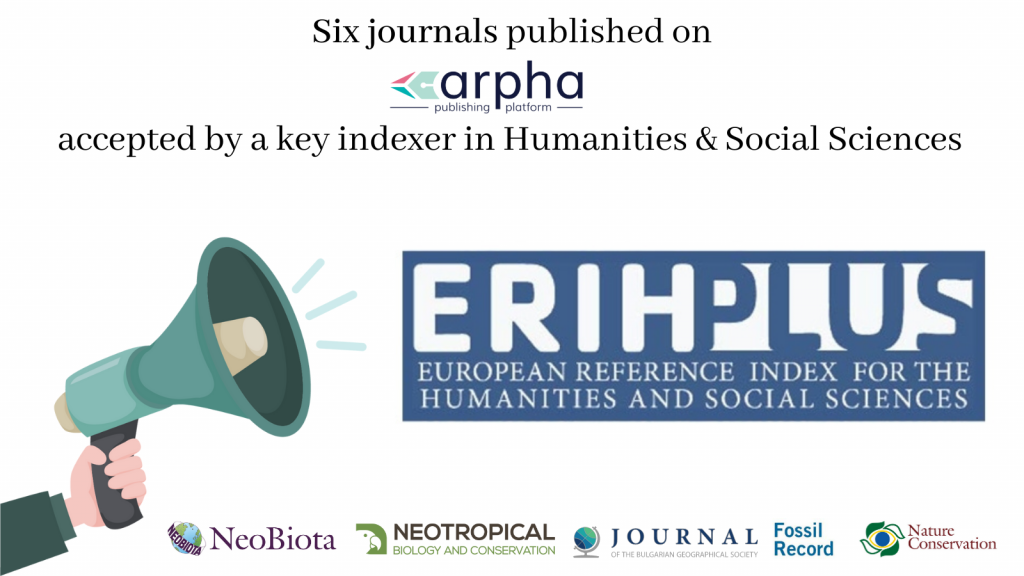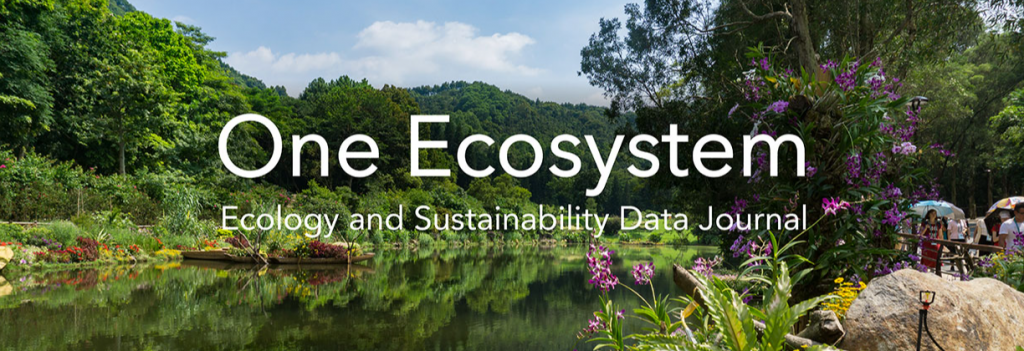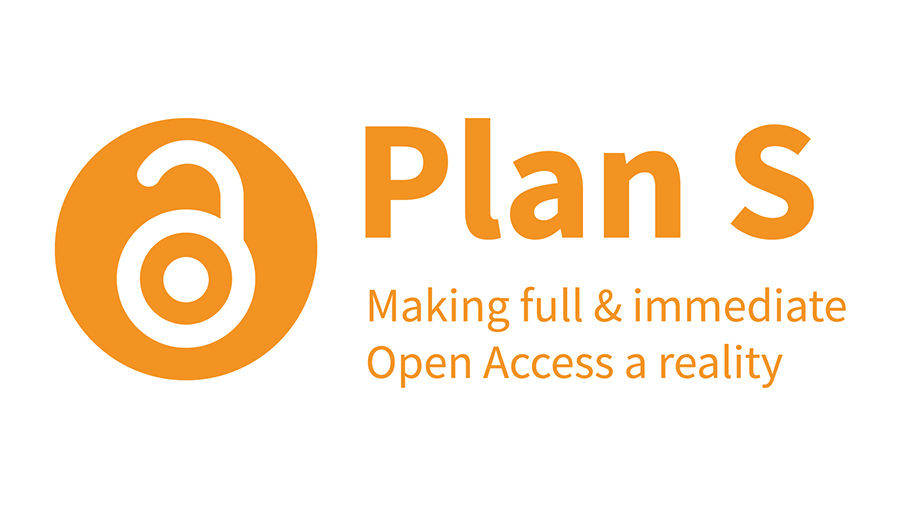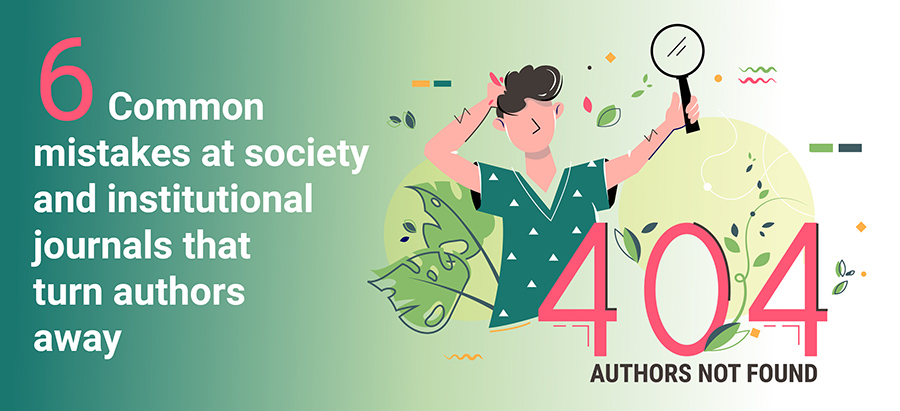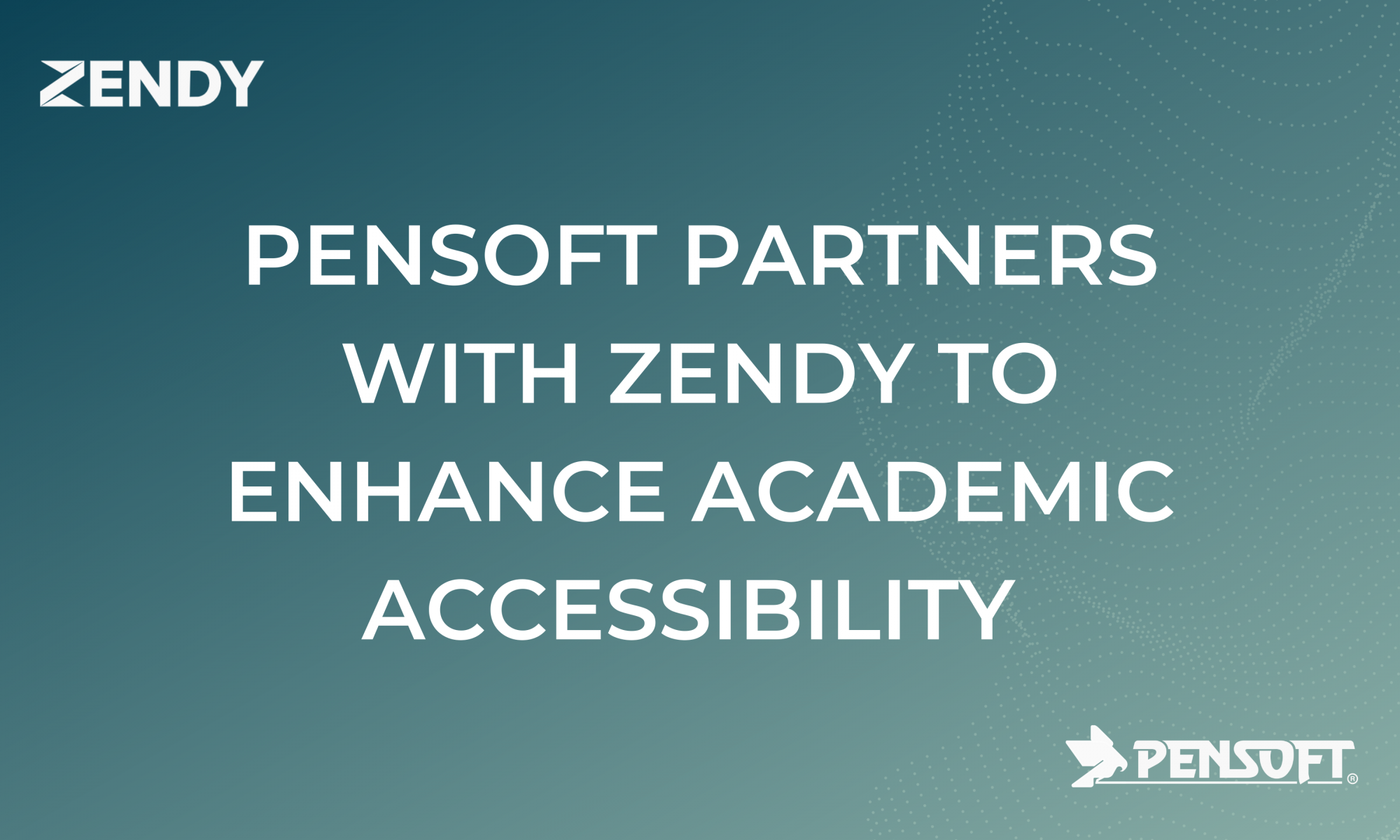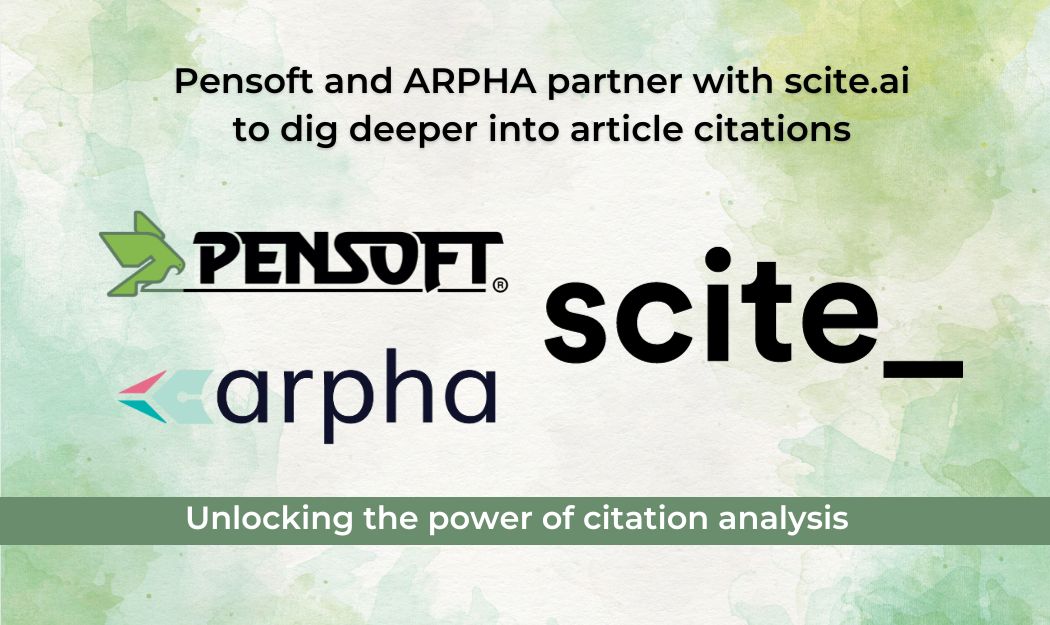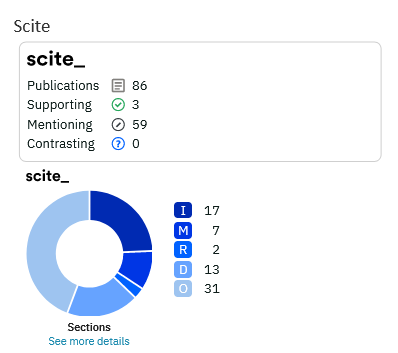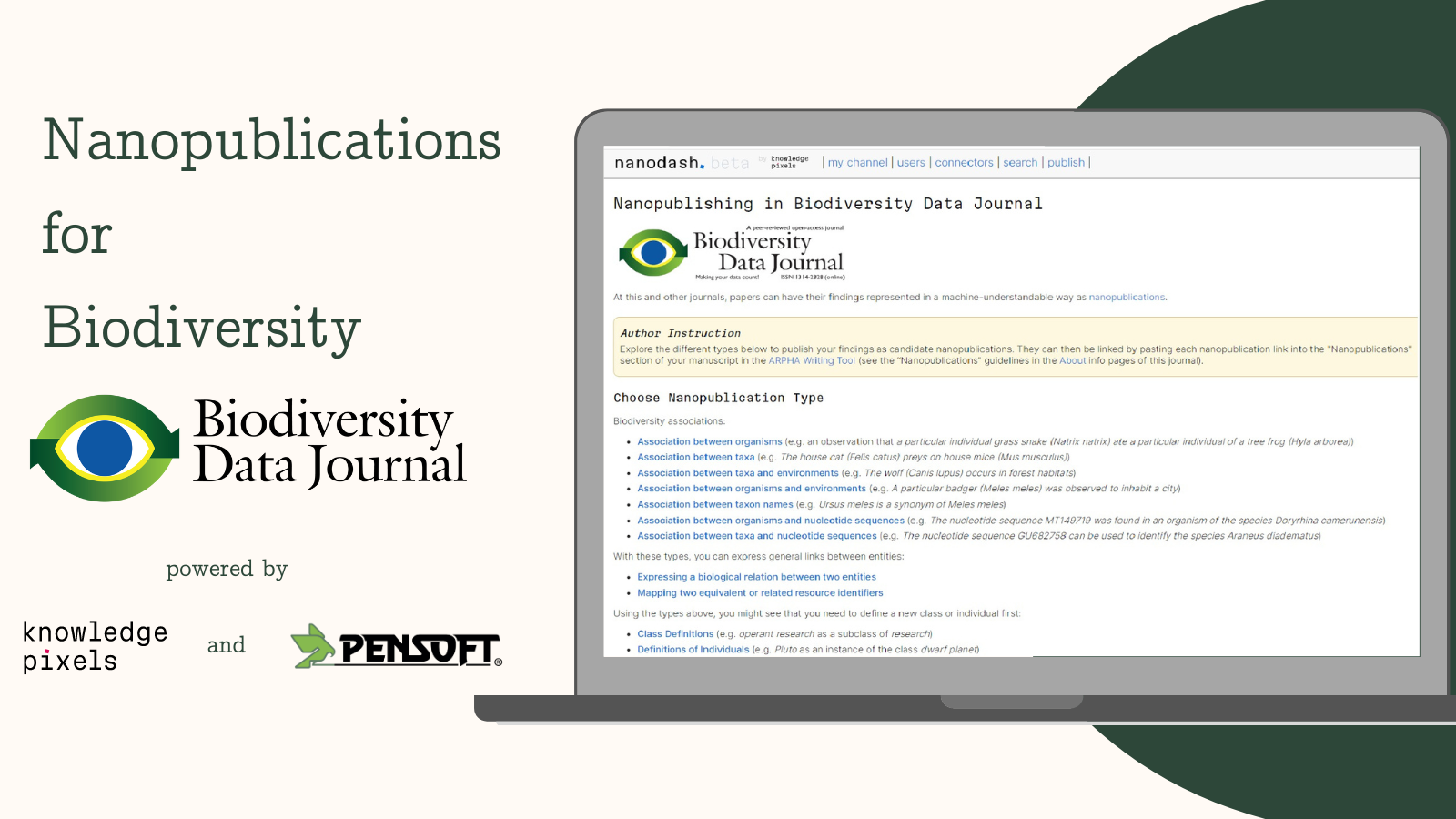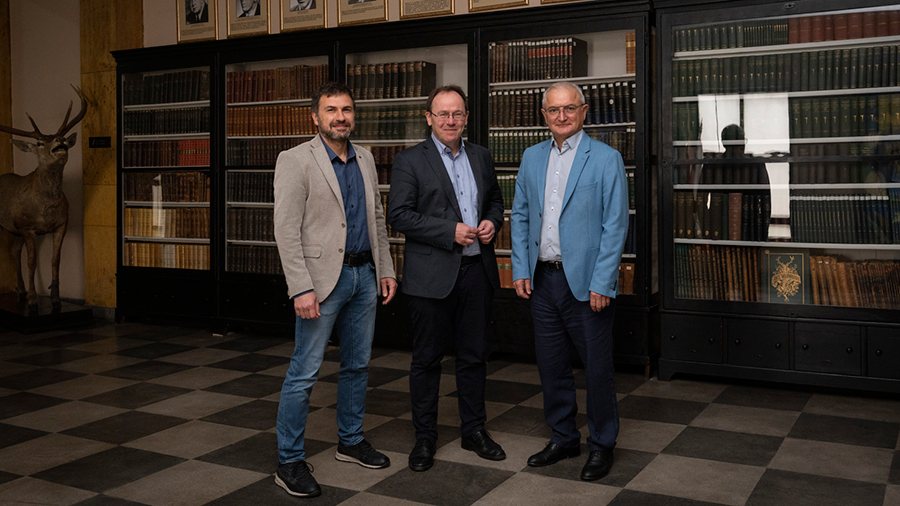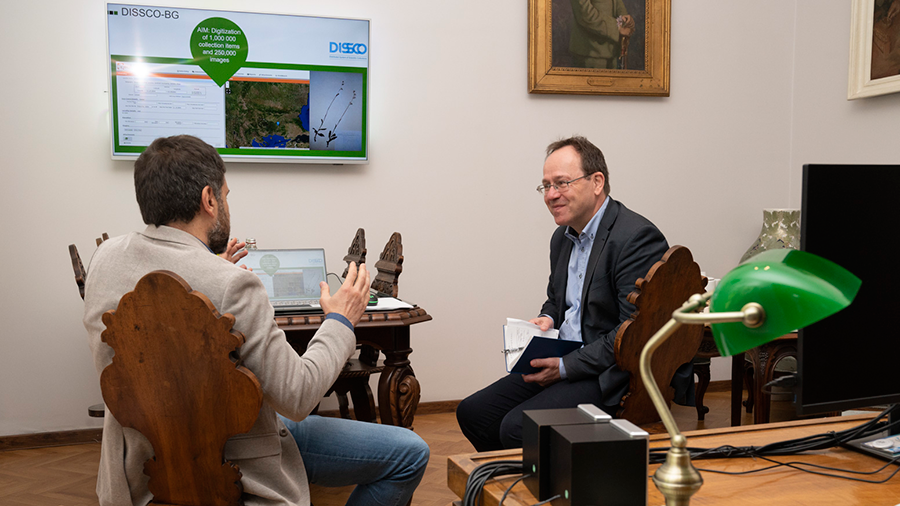The Emirates Journal of Food and Agriculture (EJFA), a peer-reviewed scholarly outlet in agricultural and food sciences by the College of Agriculture and Veterinary Medicine, United Arab Emirates University (UAEU), has now become the first scientific journal from the Middle East to take advantage of the end-to-end scholarly publishing platform ARPHA and its diverse range of services.
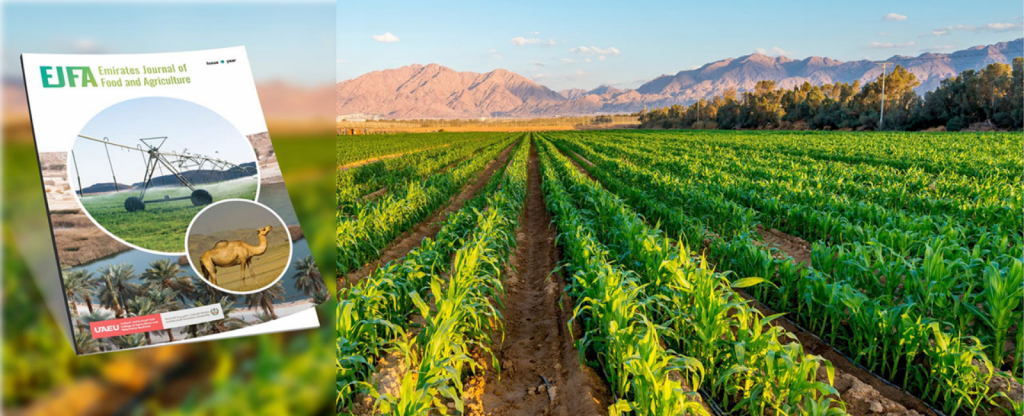
Launched in 1989 to cover the areas of agriculture and food science, with a special emphasis on interdisciplinary studies, the open-access scientific journal has already begun publishing its 2024 content on its new ARPHA-powered website. The move comes as a result of a new partnership signed between the United Arab Emirates University and Pensoft: the scholarly publisher and technology innovator.
Since 2013, EJFA is also indexed by Web of Science. Its latest Journal Impact Factor is 1.1, while its Scopus CiteScore reads 1.9.
Launched in 2013, ARPHA is Pensoft’s in-house publishing platform, initially developed by the publisher as an all-round solution for its own journal portfolio. In 2016, ARPHA became available as a white-label solution, thereby allowing client journals to retain their owners as exclusive publishers, and keep their identities intact.
The move to ARPHA ensures a seamless, end-to-end publishing solution for EJFA that encompasses all stages from manuscript submission to article publication, indexation, dissemination, and archiving. The publishing services provided by ARPHA also include a variety of human-provided services and integrations with third-party providers, intended to maximise the reach and usability of scholarly knowledge published in EJFA.
“Together with ARPHA, we can achieve milestones in our journal publishing with ARPHA’s easy-to-use, open-access publishing platform backed with high-end functionalities.”
Abdul Jaleel, Editor-in-Chief of EJFA
EJFA publishes original research articles, review papers and short communications. It welcomes studies from a wide spectrum of agriculture and food disciplines, including sustainable agriculture systems, agricultural biotechnology, environmental impacts, food safety, and food engineering.
Submissions to EJFA are subject to single-blind peer review. The journal operates a continuous publication model, which means that once accepted, papers go online as soon as they are typeset and ready for publication.
Due to ARPHA Platform’s technologically advanced and automated dissemination, indexing and archiving workflows, as well as its platform-level integrations with >60 leading databases, content published in EJFA is rapidly exported to dozens of platforms and widely used academic search portals, thereby becoming ever easier to discover, access, reuse and cite by audiences from all over the world.
EJFA has already published its first articles since the move. The journal’s backlist content all the way to the inaugural 1989 journal volume can be accessed from a link on the journal’s new website’s homepage. Conveniently, more recent content has been made available from the Articles space.
“It’s an honour to partner with an esteemed institution like the United Arab Emirates University. We are confident that in ARPHA Platform, our new partners will find a great fit for the immaculate professionalism, integrity and overall appeal of the Emirates Journal of Food and Agriculture,” says Pensoft’s CEO and founder Prof. Lyubomir Penev. “Being the first Middle Eastern journal to join ARPHA’s journal portfolio, EJFA has already become a very special client of ours.”
“We are really excited to partner with Pensoft and run the Emirates Journal of Food and Agriculture on the ARPHA platform. This decision by the UAEU will really help the journal to reach the next level with the experience of the Pensoft team and the high-end technology of ARPHA. We believe that this strategic partnership will boost the visibility and accessibility of our journal globally. Together with ARPHA, we can achieve milestones in our journal publishing with ARPHA’s easy-to-use, open-access publishing platform backed with high-end functionalities,” says EJFA’s Editor-in-Chief, Abdul Jaleel.

